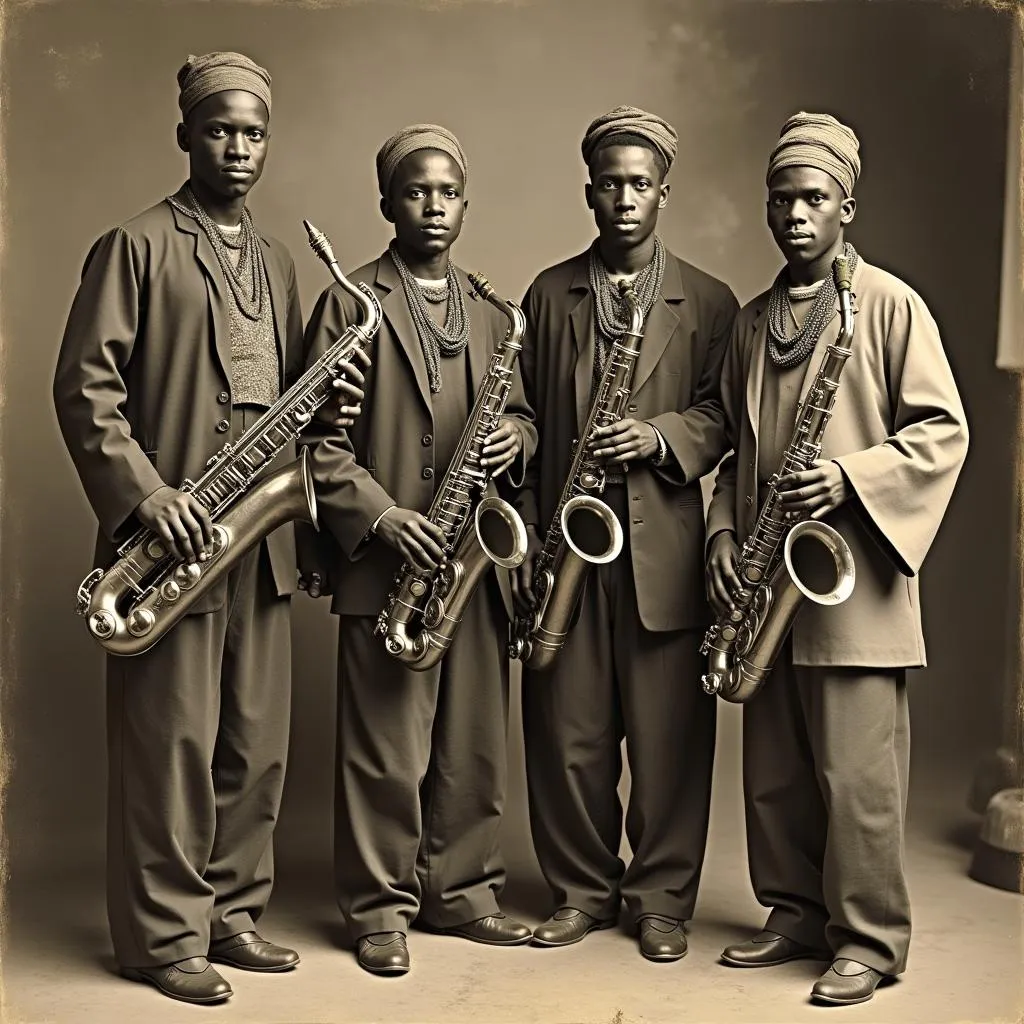Unveiling the Legacy of African Emperor Severus
Septimius Severus, an African emperor, ascended to the pinnacle of Roman power in 193 AD. His reign, marked by military prowess, administrative reforms, and architectural grandeur, left an indelible mark on the Roman Empire. Born in Leptis Magna, a thriving city in present-day Libya, Severus’s rise to power signifies a unique chapter in Roman history, one where an African provincial claimed the imperial throne.
From Leptis Magna to the Roman Throne: The Ascent of Severus
Severus’s journey from North Africa to the heart of Roman power is a testament to his ambition and political acumen. His early career saw him progress through various senatorial positions, gaining valuable experience in the complexities of Roman governance. The turbulent year of 193 AD, known as the Year of the Five Emperors, provided the backdrop for Severus’s dramatic rise. Seizing the opportunity amidst political chaos, he marched on Rome, securing his claim as emperor and establishing the Severan dynasty.
Severus’s reign, spanning nearly two decades, was characterized by significant military campaigns. He successfully strengthened the empire’s frontiers, engaging in conflicts from Britain to Parthia. His military successes consolidated his power and brought stability to the vast Roman Empire.
Severus’s Impact on Rome: Reforms and Architectural Marvels
Beyond military achievements, Severus implemented critical administrative reforms that reshaped the Roman Empire. He centralized power, strengthening the imperial bureaucracy and increasing the influence of the military. These changes, while effective in consolidating his rule, also laid the groundwork for the increasing militarization of Roman society.
Severus’s reign also witnessed a flourishing of architectural projects, particularly in his native Leptis Magna. The city, transformed into a magnificent display of Roman architecture, stands as a testament to Severus’s power and patronage. The Arch of Septimius Severus in Rome further exemplifies his architectural legacy, commemorating his victories over the Parthians.
Severus’s African Heritage: A Roman Emperor with North African Roots
Severus’s African origins significantly influenced his reign and left a lasting impact on Roman culture. He brought North African influences to the imperial court, fostering cultural exchange between Rome and its African provinces. His close ties to Leptis Magna are evident in the city’s remarkable development during his reign, showcasing his commitment to his homeland. Severus’s story reminds us of the interconnectedness of the Roman world and the contributions of diverse cultures to its rich tapestry.
What was Emperor Severus known for?
Emperor Severus was known for his military successes, administrative reforms, and architectural contributions, including the Arch of Septimius Severus in Rome and the development of his native city, Leptis Magna.
Where was Emperor Severus born?
Emperor Severus was born in Leptis Magna, a Roman city located in present-day Libya, North Africa.
Conclusion: Severus, An African Emperor’s Enduring Legacy
Septimius Severus, the African emperor, remains a compelling figure in Roman history. His rise to power, military triumphs, administrative reforms, and architectural patronage shaped the Roman Empire. His connection to North Africa and the influence of his African heritage add a unique dimension to his legacy. Severus’s story highlights the diversity and complexity of the Roman world, underscoring the importance of exploring the contributions of figures from different corners of the empire.
FAQ
- Who was Septimius Severus? Septimius Severus was a Roman emperor who reigned from 193 to 211 AD. He was born in Leptis Magna in North Africa.
- What were Severus’s major accomplishments? Severus was known for his military victories, administrative reforms, and architectural projects.
- How did Severus rise to power? He seized power during the Year of the Five Emperors, a period of political instability.
- What is the significance of Leptis Magna? Leptis Magna was Severus’s birthplace and benefited greatly from his patronage, becoming a showcase of Roman architecture.
- What is the Arch of Septimius Severus? The Arch of Septimius Severus in Rome commemorates Severus’s military victories.
- Why is Severus considered an African emperor? He was born in North Africa, and his reign brought North African influences to the Roman Empire.
- How did Severus impact Roman history? His reign marked a period of significant change, impacting the military, administration, and culture of the Roman Empire.
Do you have more questions about African Emperor Severus? Contact us!
For further assistance or inquiries, please don’t hesitate to contact us:
Phone: +255768904061
Email: kaka.mag@gmail.com
Address: Mbarali DC Mawindi, Kangaga, Tanzania
Our customer service team is available 24/7 to assist you. We are eager to hear from you and delve deeper into the fascinating story of Septimius Severus. You can also find more information on related topics by exploring our other insightful articles available on the African Life website.

